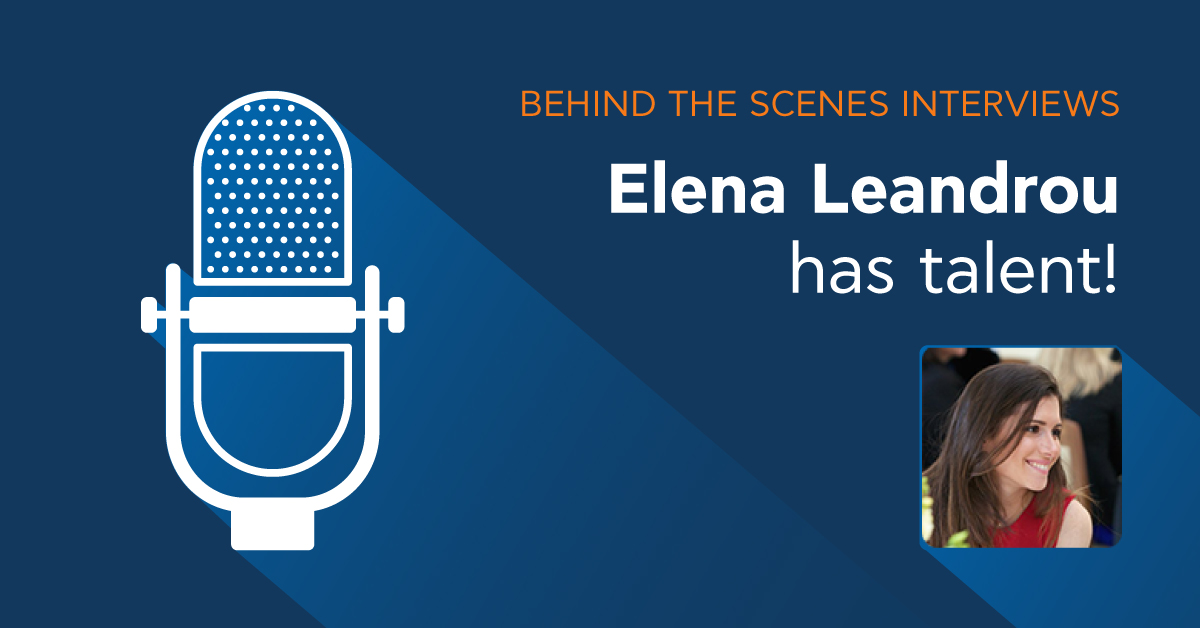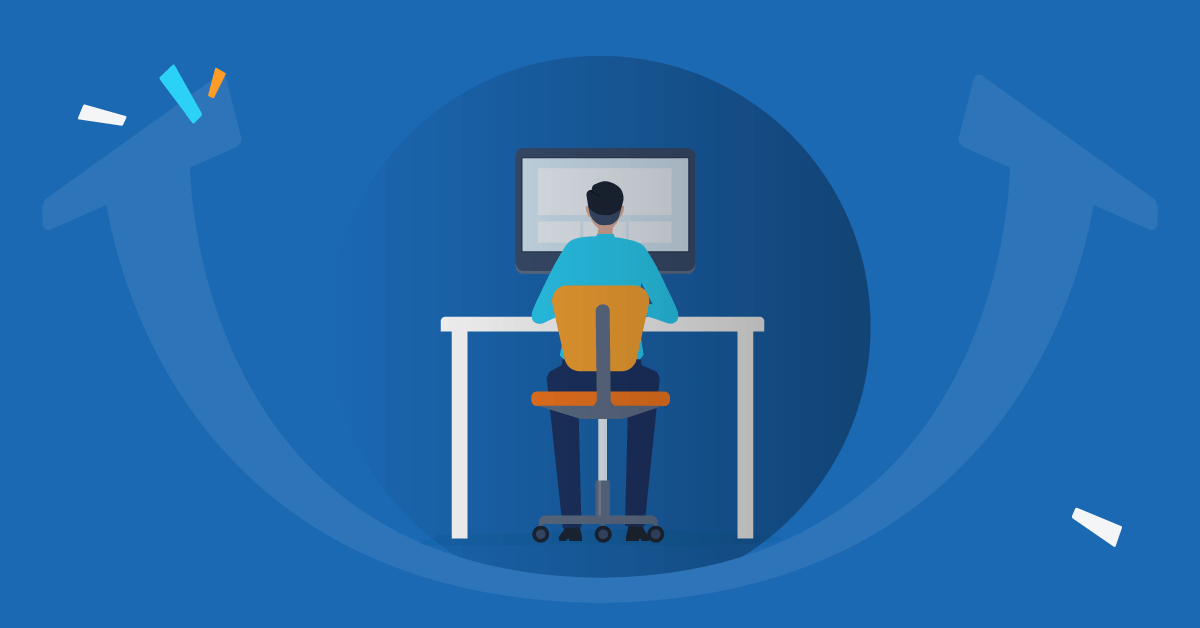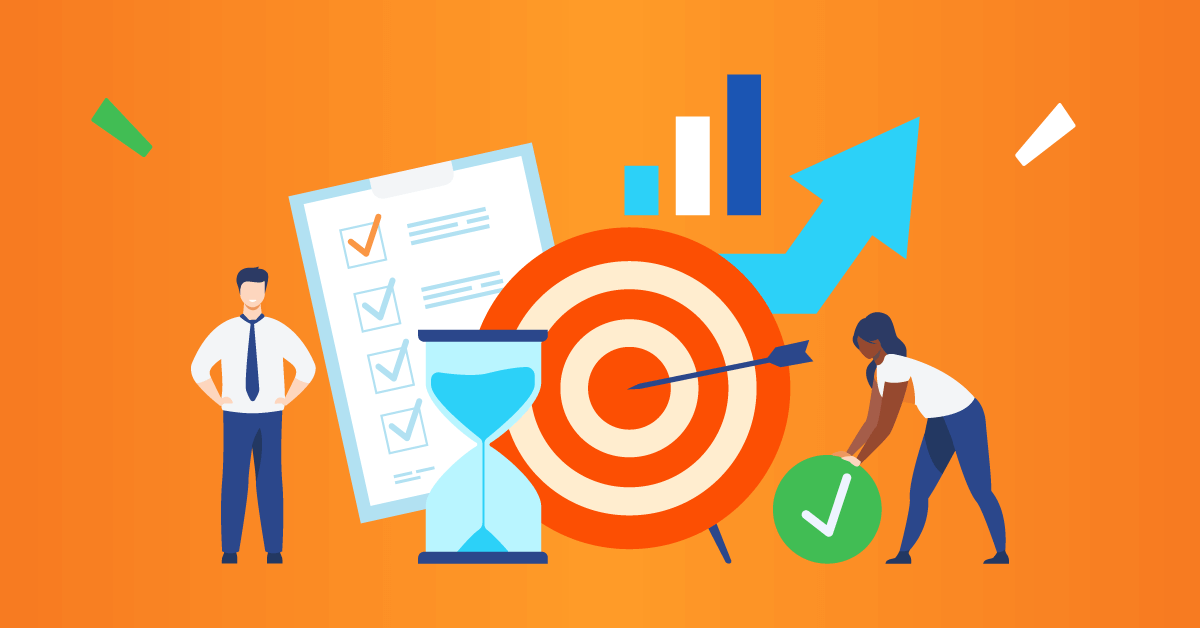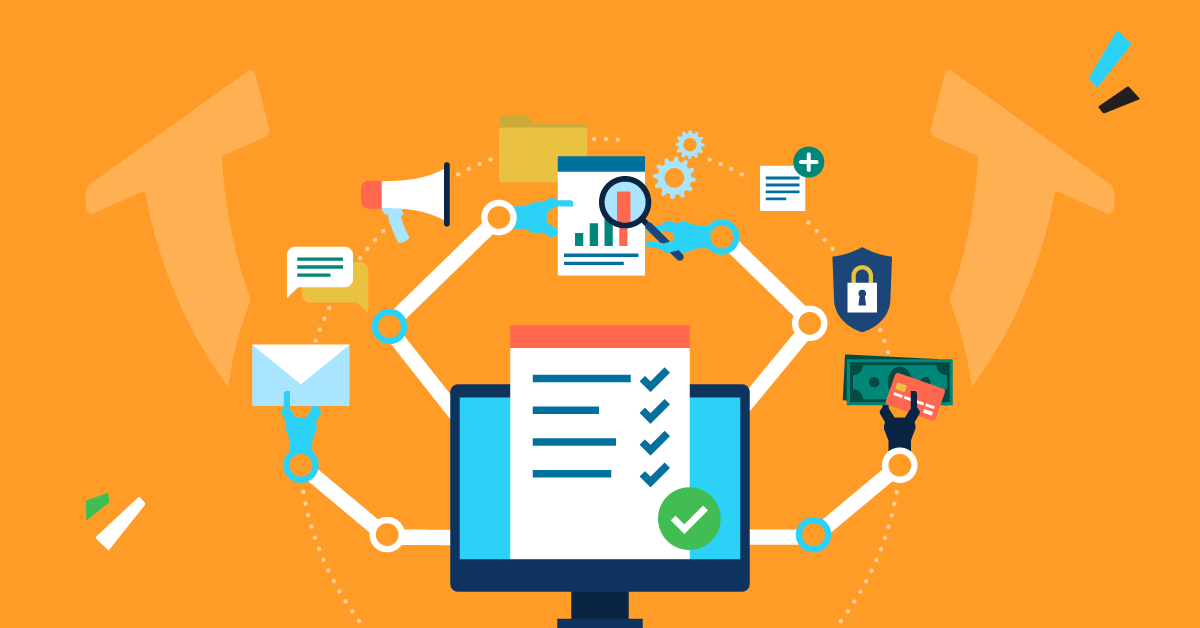If you play Trivial Pursuit often you might be familiar with factoids such as that Rubik’s cube was created by Hungarian sculptor Erno Rubik, and that the sandwich was invented by John Montagu, the 4th Earl of Sandwich.
But do you know who helped create your favorite Cloud-based LMS platform, or the names of the people working behind the scenes to bring you the most satisfying SaaS experience?
In this series of posts, we’ll have a look at the talented people behind TalentLMS. Let’s start with Elena.
Please introduce yourself to our readers. What’s your name and general background?
I’m Elena and I’m a Customer Success Manager here at TalentLMS.
Coming from a very different background (Chemistry) and working in an R&D environment, it wasn’t long until I decided to make a career switch. After completing a Masters degree in Marketing & Creativity, I worked in Digital Marketing for a few years and gained great perspective on identifying online customers and finding ways to bring greater value to them.
That’s why, when the need for a customer success manager arose in TalentLMS, I jumped at the opportunity to bring everything together and really get to know our customers, how they interact with the product, what their needs are and how our marketing strategy needs to change to help them fully meet them.
So, you are a Customer Success Manager. What does your role entail?
Unlike most traditional businesses where the customer relationship ends with the purchase, in a subscription business a purchase is where the relationship begins.
And that’s where I come in. Building strong customer relationships and ensuring that customers are getting the most value out of their TalentLMS training platform are the primary goals of my role as a Customer Success manager. Or, in simpler words, keeping customers happy.
How do you qualify and quantify Customer Success?
Customer success does have its share of metrics — however strange that may sound given that “happiness” cannot be fully quantified.
We use a number of metrics to quantify Customer Success such as User & Revenue Churn (lost customers & revenue — typically due to account cancellations & downgrades), Lifetime Value (a prediction of what the expected revenue is per customer), Last log-in date (how frequently customers use TalentLMS). Ultimately, of course, all these metrics translate into revenue.
What is Epignosis’ approach for achieving Customer Success?
We have recently introduced a Customer Success manager to our Basic unlimited, Plus and Premium accounts, which basically means that I’m responsible for new customers’ onboarding on the platform and for optimizing their TalentLMS use.
In general, just being available to our customers and ensuring that every product touchpoint is a positive experience makes a huge difference.
What TalentLMS features do you think play an important role in attracting new customers?
I think it’s the simplicity of the product combined with its versatility and power. A user can be using it to train tens of thousands of their employees, while another can be selling courses to their partners and a third might be teaching their university students. Each scenario requires a completely different set of features, all of which are present in TalentLMS.
Another strong point, which isn’t a software feature per se, but is nevertheless important, is the attention that we give to all of our customers, regardless of their size. Most of our clients know our team on a first-name basis and have built strong relationships over time.
Likewise, what TalentLMS qualities do you think play an important role in customer retention?
Just being there and listening to our clients and developing the product based on their feedback and needs. Even though most typical SaaS products have a ‘one-size-fits-all’ mentality, at TalentLMS we try to go beyond that.
How is “customer success” related work different from customer support? Is it just a kind of higher level support, or is there more to it?
Well, the main difference is that a Customer Success role is more of a proactive outreach, while Customer Support works in a more reactive way on incoming customer requests. Customer Success leverages usage data to identify patterns, and predict and avoid customer challenges before they turn up as support tickets.
The two specialties also use very different metrics. Customer Support focuses on efficiency (average response time) and number-of-tickets whereas, with Customer Success we’re looking at the success oriented metrics I mentioned earlier.
How important is customer feedback for your job function?
Extremely important. Customer feedback is one of the main drivers of our product development.
We do have a rule of thumb that a feature has to be requested by at least 3 different customers in order for it to be implemented and, of course, it should not affect the experience of the rest of our users, but in the end, each feature request is always examined on a case-by-case basis.
Do you have a general philosophy when it comes to customer satisfaction, any abstract rules that you feel are important?
I abide by two mottos that may sound a little cliche. That “patience is a virtue” and that “the customer is always right”.
Apart from that, being a customer of other SaaS businesses is one of the most important learning experiences, as you put yourself in the customers’ shoes and can really relate to their perspective.
Conversely, do you have some practical, pragmatic observations from working to ensure customer satisfaction from the trenches?
I believe that the more a customer gets accustomed to using the product to its optimum capability, the more tolerant and understanding they will become when things don’t go as planned.
In a SaaS business, there are many things that may go wrong, i.e. a seemingly small change made in an update may affect a feature that a customer is using (or abusing) in a very customized way. Clients that have a deeper knowledge of the product tend to be more understanding when such bugs occur.
| Tags: Team



